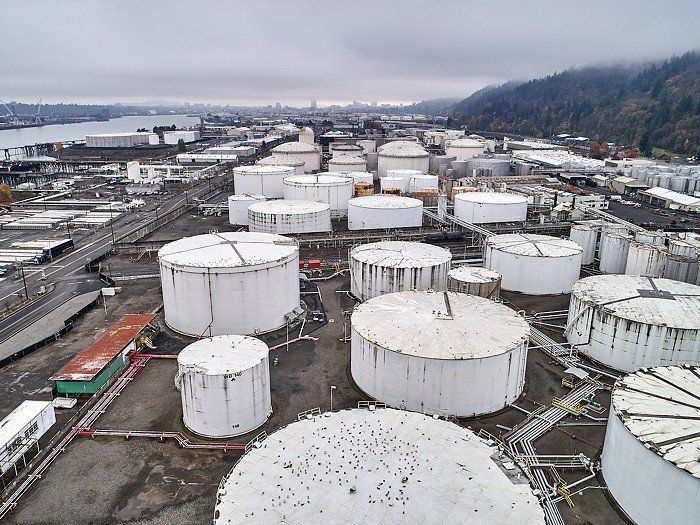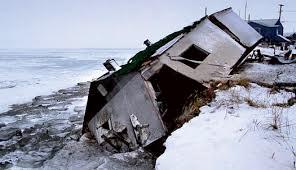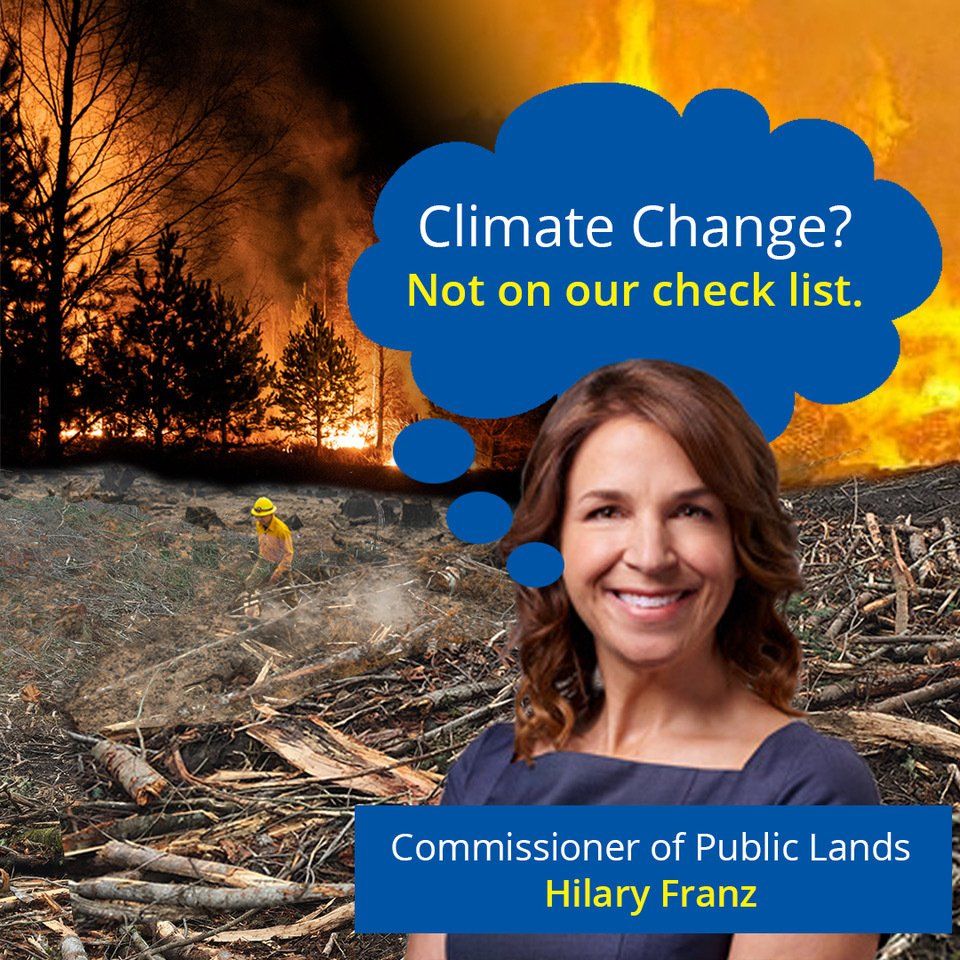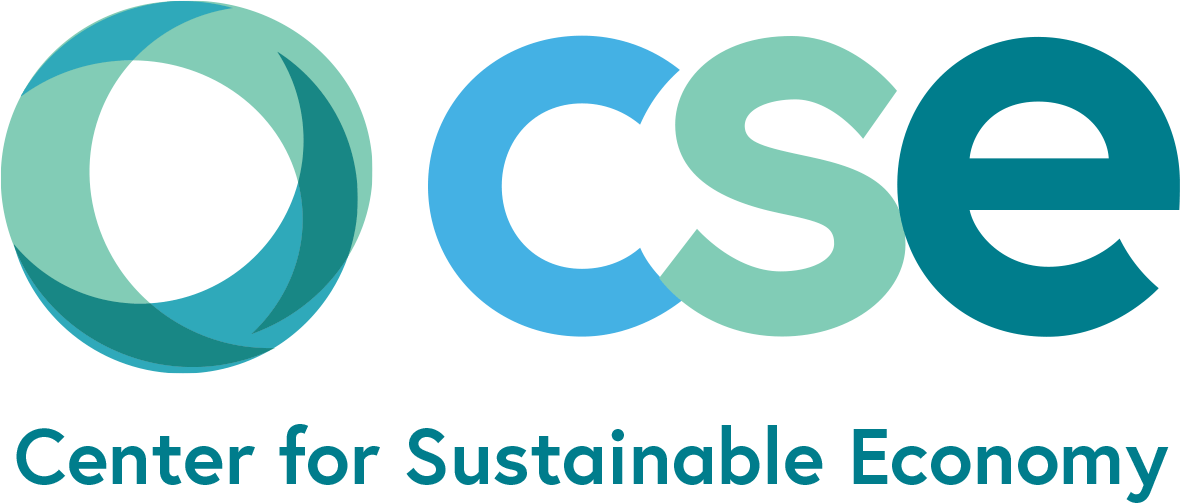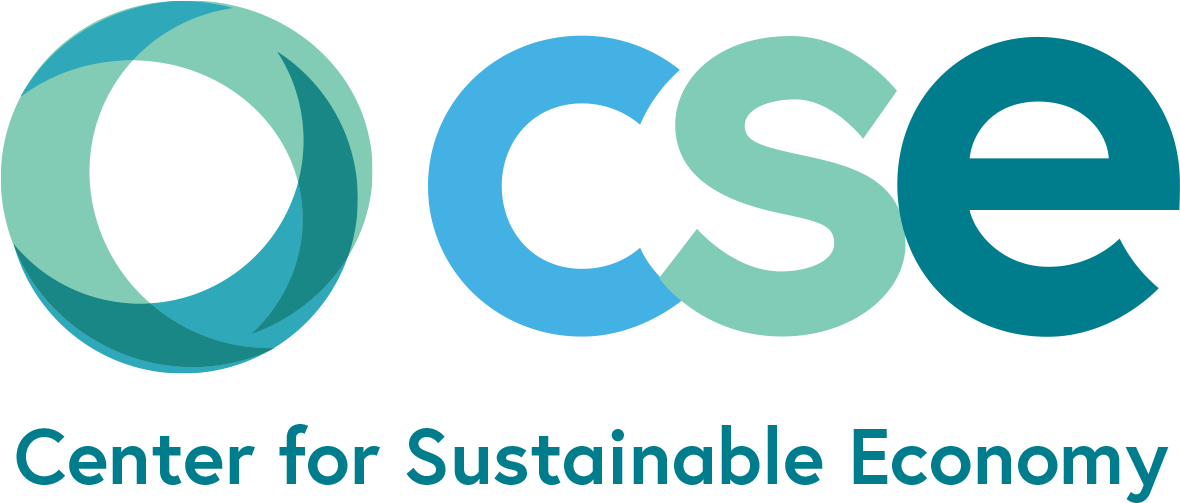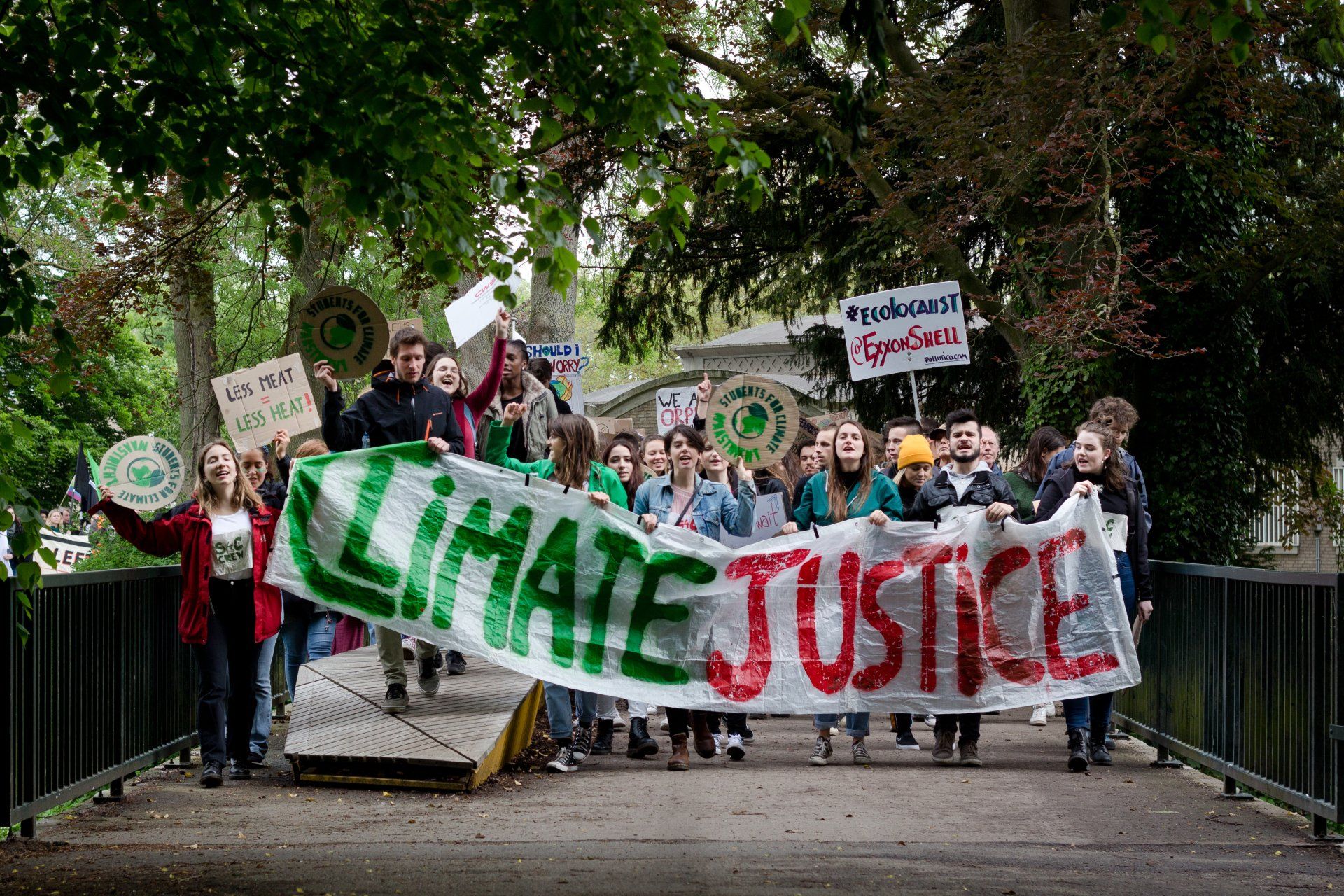By Stable Planet Alliance
•
March 12, 2022
MOUNT VERNON, Wash., MARCH 12, 2022 – The nonprofits Stable Planet Alliance and Scientists Warning Europe (SWE) announced publication today of a new paper and accompanying film: the “World Scientists’ Warning into Action” paper – a solutions-oriented follow-up to the 2019 “World Scientists’ Warning of a Climate Emergency,” and the accompanying short film “Warnings to Action: Mobilizing Humanity.” CSE’s Dr. John Talberth helped lead the economics section of the paper, which calls on governments at every level to take bold actions to transform our economic system from one that drives climate change, extinction, and poverty to one that stays within a safe operating zone between planetary boundaries and social floors. The new paper, published today by the journal Science Progress goes beyond the reach of traditional scientific papers, and even existing scientists’ warnings. It lays out concrete actions for leaders to take on specific timelines to avert the most dangerous climate change and ecosystem loss, without which our current trajectory will rapidly destabilize civilization. The paper briefly recaps impending risks, but mainly articulates what leaders must do to avoid them, by when, and at what levels. It sets out a framework for solutions: specific, urgent, large-scale transformative actions and approaches to the multi-faceted planetary overshoot emergencies faced by humanity. Addressed to leaders around the world at multiple scales — from householders and community leaders to heads of state and the UN Secretary-General — the paper is a collaboration of 15 top world scientists, economists, and governance specialists from the USA, Canada, UK, Italy, Nigeria, South Africa, and Australia. “This paper shows the main ways that we can bend the needle on the climate and biodiversity crises, by systemic reforms at different levels,” said co-lead author, Professor Phoebe Barnard of the University of Washington, who is also CEO of the Stable Planet Alliance. “We had identified in 2019 in our World Scientists’ Warning of a Climate Emergency paper six issues for urgent action – Energy, Atmospheric Pollutants, Nature, Food Systems, Population Stabilization, and the Economy. In our new paper, we look at these issues at six scales of action: from individual and household levels through communities, cities, districts, nations and the United Nations. While most of our problems need systemic solutions, there are powerful opportunities for individuals and communities.” The paper has received wide airtime at COP26, and already prior to publication, has been co-signed by over 2,300 graduate specialists from 105 countries. It is accompanied by the new film “Warnings to Action: Mobilizing Humanity” by director Jonathan Clay, known for the 2021 Netflix film “Breaking Boundaries: The Science of our Planet” with Sir David Attenborough and Prof Johan Rockström. “This film and paper tell the leaders and officials at COP26, and people around the world, what is needed to save humanity and our planet,” says Managing Director of Scientists Warning Europe, UK lawyer and local politician Edmund Gemmell. “The paper offers concrete guidance for a wiser, sustainable civilization, and the film calls scientists, students, artists, faith leaders and others to step forward and work together to shape it.” “But we now have an extremely steep hill to climb,” says co-lead author, Professor Emeritus William Moomaw of Tufts University. “Since leaders have delayed essential action for decades, we have now dramatically reduced the comfort and timeframe within which we can make changes.” The paper also highlights just how ill-equipped are our existing systems of governance – and their vulnerability to corruption – to facilitate rapid and transformative change on short timescales. Time is now so short that we cannot wait for reforms to be complete before we act. Temporary measures must be enabled for planning, policy and management, including corruption prevention, while this is done. As the paper concludes, “Our challenges are less technical than social – taking the necessary actions quickly enough, in all nations and governance regimes – particularly democratic ones – while maintaining adequate social, economic and political stability to steer the ship of humanity safely into a wiser, more sustainable world order. This will require unprecedented global collaboration, social learning, and public awareness and pressure. This will profoundly challenge us all, and our systems of planning, cooperation and governance. (But) everything we know and love is at stake.” Read: World Scientists Warning – paper
